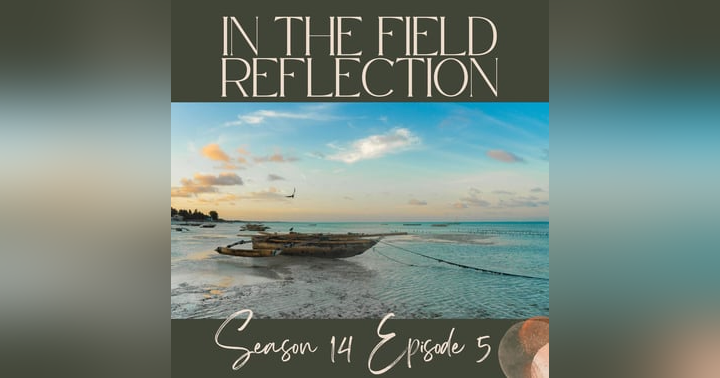Jonah's Struggle: Embracing Compassion and Navigating Divine Mercy

In the final chapter of Jonah's journey, we encounter a story that resonates deeply with our modern struggles, highlighting the complexity of God's mercy, our human condition, and the challenges of forgiveness. Jonah, a reluctant prophet, stands outside the grand city of Nineveh, grappling with the astonishing reality that God has chosen to extend His mercy to a people previously deemed unworthy. This episode delves into Jonah's emotional turmoil as he experiences anger and confusion over God's compassion towards his enemies. As we explore the intricate layers of Jonah's narrative, we recognize that this isn't merely a tale of a fish and a prophet; it's a profound reflection on our own resistance to God's plans and mercy.
Jonah's story speaks to each one of us, illustrating our frequent inability to grasp the expansive nature of God's love. Fresh from witnessing the city of Nineveh's stunning transformation through repentance, Jonah finds himself in a state of disappointment rather than joy. He reflects on his decision to flee from God's command, revealing a heart that struggles to understand why the grace he so desperately seeks for himself appears to apply to those he considers undeserving. This emotional dichotomy forms the core of our discussion, reminding listeners of their own conflicts when faced with grace toward those they struggle to accept.
As the narrative unfolds, we find Jonah seeking comfort beneath a shelter, waiting to see if God would reconsider His plan for Nineveh. In this moment of isolation, God, in His wisdom, provides Jonah an object lesson through a vine, a worm, and a scorching wind—three simple elements that communicate profound truths about the nature of comfort, care, and divine purpose. We delve into how these elements symbolize our own attachments to temporary comforts while neglecting what truly matters. Through Jonah, we see how easily we can become consumed by our biases and expectations, often at the expense of compassion and understanding.
The lessons woven into Jonah 4 remind us that God's mercy far exceeds our flawed sense of justice. As we reflect on this narrative, we must confront the uncomfortable truth that our understanding of deservingness pales in comparison to God's boundless love. Jonah's anger serves as a mirror for our hearts, challenging us to examine where we, too, have closed ourselves off from extending grace to others. It begs the question: Are we willing to embrace the messy and beautiful reality of God's mercy, even for those we deem unworthy?
A significant takeaway from this episode lies in recognizing the small yet significant ways God uses our everyday experiences to impart wisdom. The vine that flourished and withered becomes a powerful metaphor for our fleeting attachments. The worm indicative of loss challenges our perspective on what we value in our lives and relationships. Understanding God's intentions through these elements encourages listeners to adopt a more profound and compassionate outlook, one aligned with divine love rather than human reservation.
As we close this chapter of Jonah's story, we are invited to contemplate essential questions: Where are the areas in our lives where we grapple with offering forgiveness? In what ways can we adjust our perspectives to better reflect God's heart? This reflective posture opens up the opportunity for transformation, moving us from reluctant obedience to an authentic willingness to extend grace. It's an invitation to engage more deeply with God's call on our lives, to love others with the same depth and generosity we hope to receive.
In summary, the tale of Jonah is more than the story of a disobedient prophet; it encapsulates the essence of the human struggle with God's vast love. It urges us to step beyond our biases and embrace a life characterized by compassion, mercy, and an unwavering faith in God's plan—a call to participate in a love that transcends human understanding. Through this exploration of Jonah 4, we’re reminded that each of us carries an intrinsic potential for transformation, discovery, and grace.

















